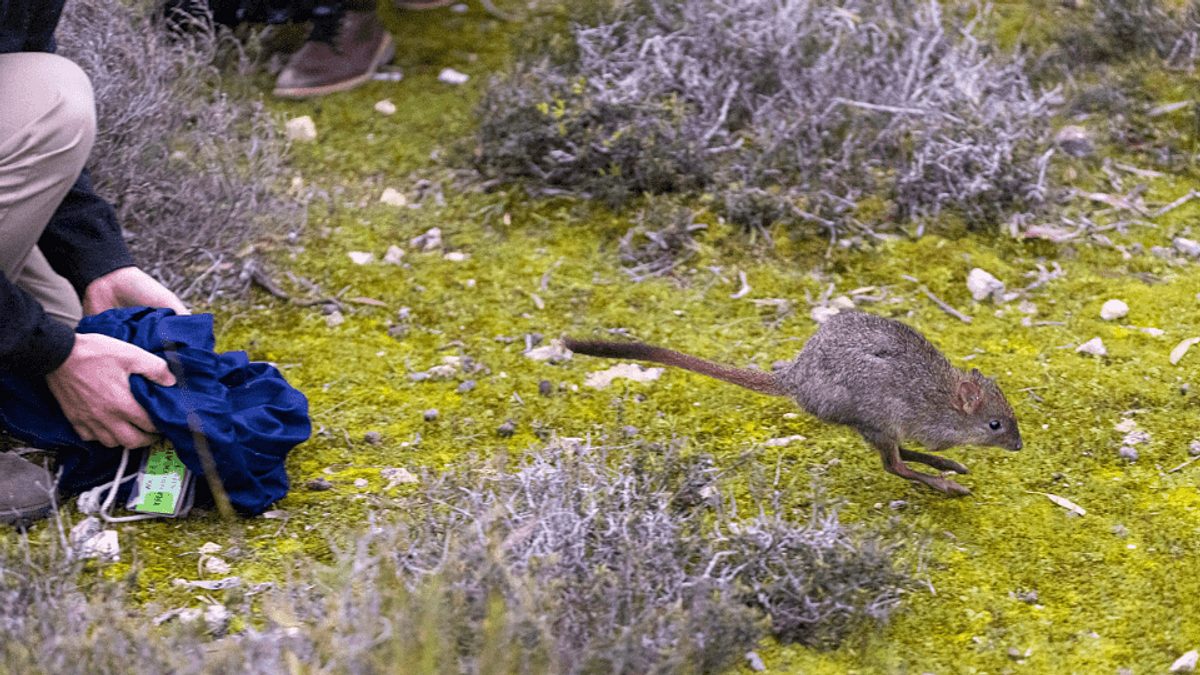Stock control vital to stop spread of Silverleaf Nightshade
Landowners are being urged to consider the movement of sheep across their property in controlling the spread of the destructive Silverleaf Nightshade weed.
Grant Roberts, Natural Resources Northern and Yorke Landscape Team Leader said Silverleaf Nightshade seed in sheep droppings was one of the most common ways the weed proliferates.
“Although Silverleaf Nightshade is generally unpalatable to livestock, sheep will eat the berries when feed supplies are low, normally from January to April. This coincides with the main fruiting period of Silverleaf Nightshade,” Mr Roberts said.
''Once sheep eat the berries, most of the seeds are excreted within seven to nine days, although seeds can remain inside the animal for more than 30 days.”
Mr Roberts said Silverleaf Nightshade was on the world’s worst agricultural weeds and it was important to stay vigilant in its control.
“The weed significantly reduces crop and pasture production by competing for space and resources and can be toxic to stock and horses. In some cases it has reduced the yield of summer crops by up to 50 percent,” he said.
''If you're moving sheep around, bringing new sheep onto your property or receiving stock back from agistment, it is important for landholders to consider quarantining stock for at least 7 days to stop sheep from spreading seeds across your property.
''If you see berries on the ground, stop sheep from grazing in those areas where practical. If you are grazing silverleaf nightshade paddocks it's also important to make sure that the pastures remain competitive against the weed, otherwise it can quickly take over.
''Some farmers have started using two grazing systems for stock – one for clean country and one for infested paddocks to help minimise the spread across their property.”
Mr. Roberts said Silverleaf Nightshade can also grow from root fragments, so it was vital farmers plan their cultivation or sowing with Silverleaf Nightshade infestations in mind and check any equipment coming on to their property for plant material.
“Even the smallest infestations of Silverleaf Nightshade need to be a priority, and if landholders are free of the weed, then they need to do all they can to keep it that way,” he said.


